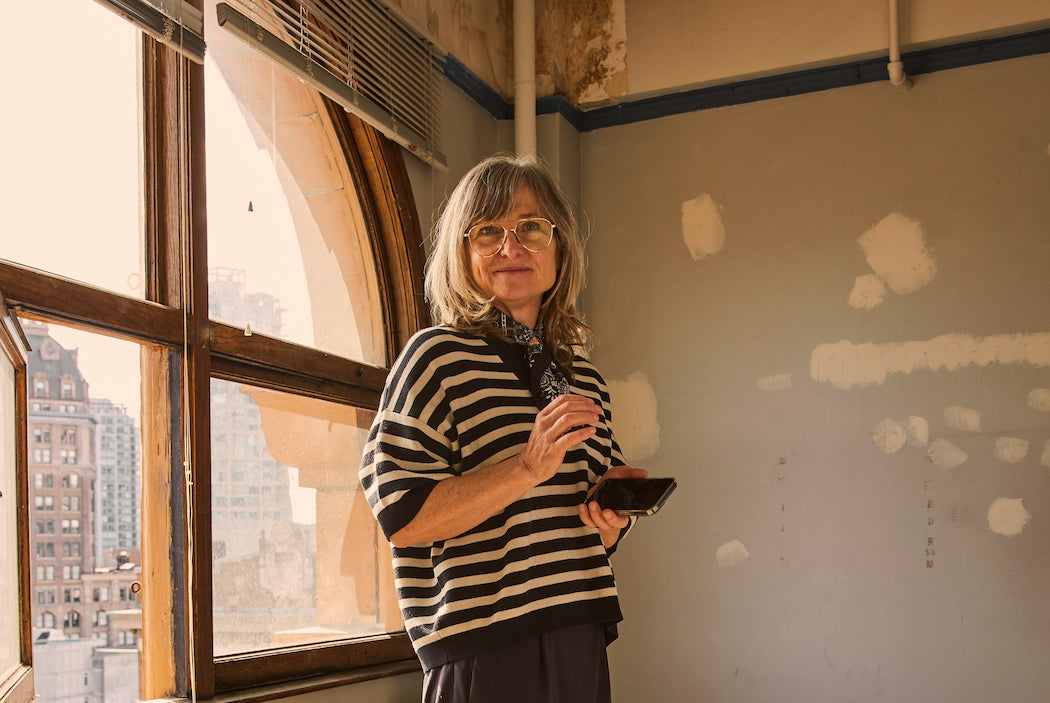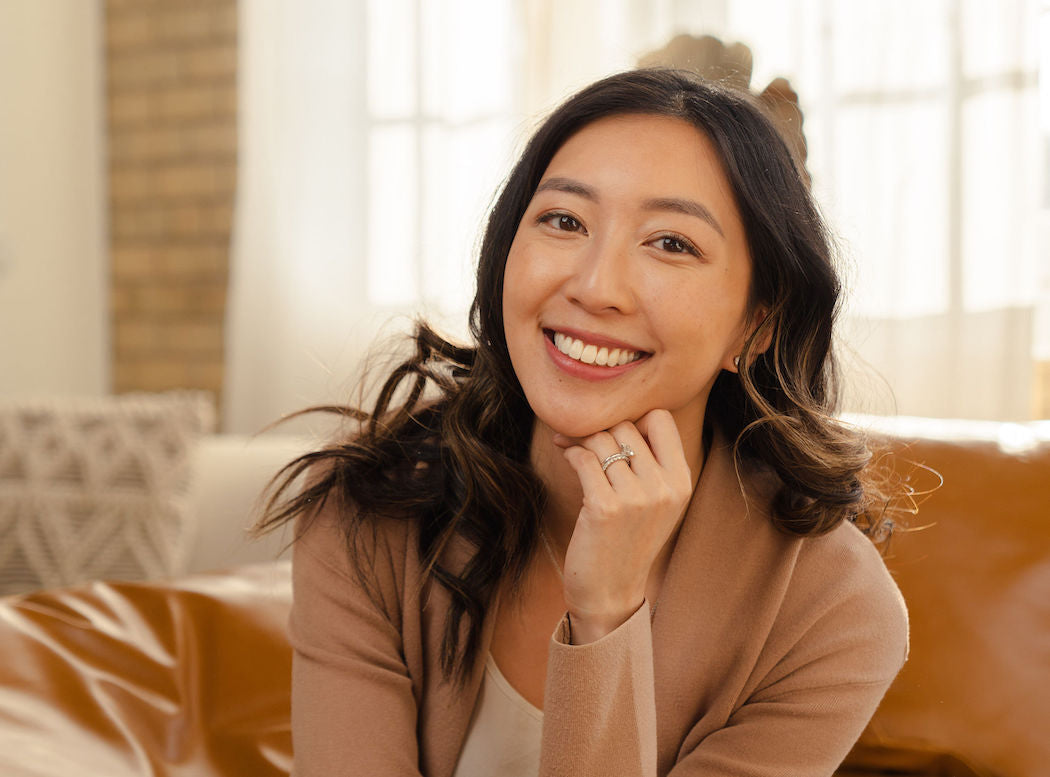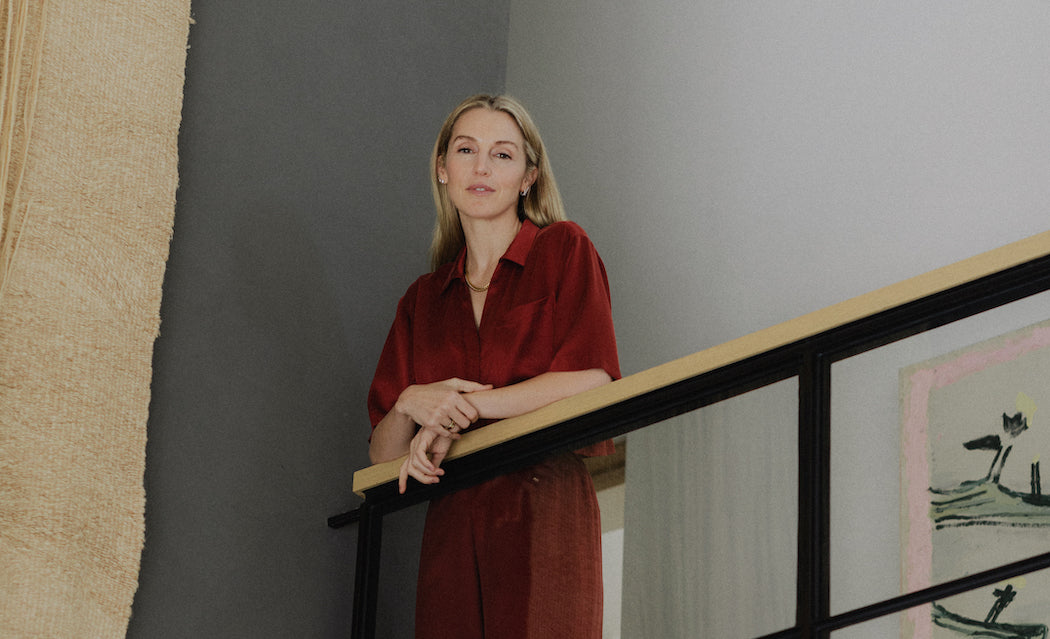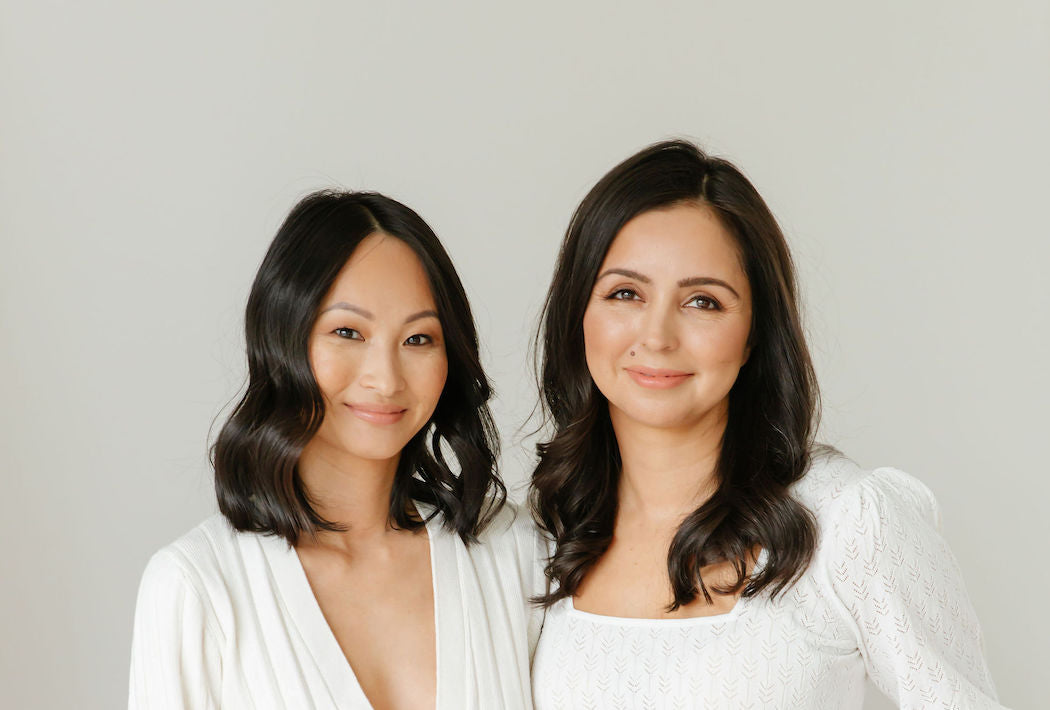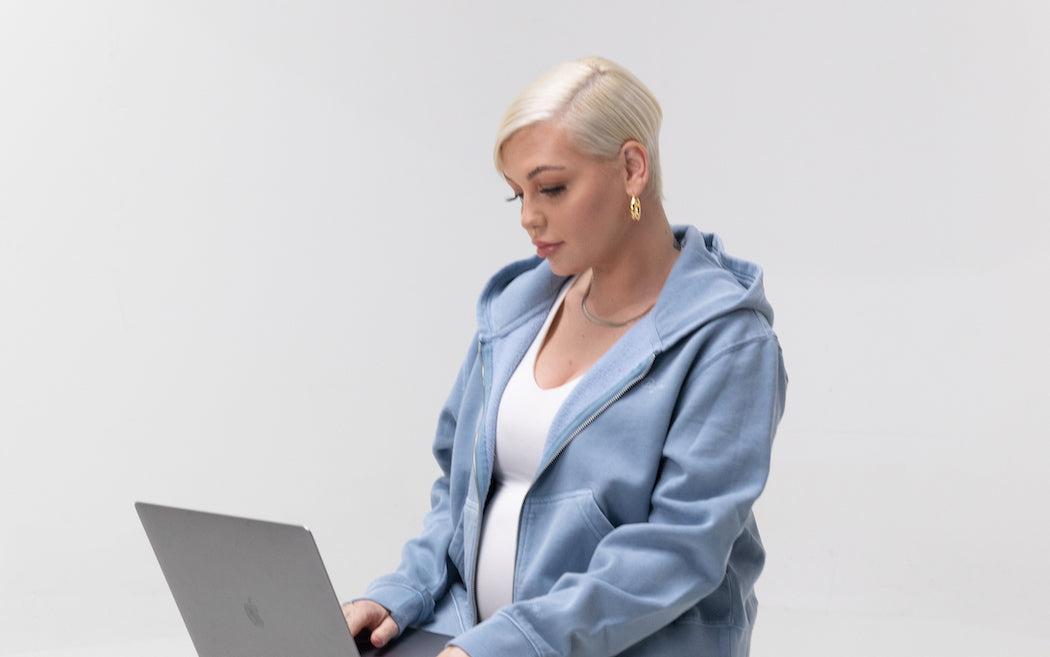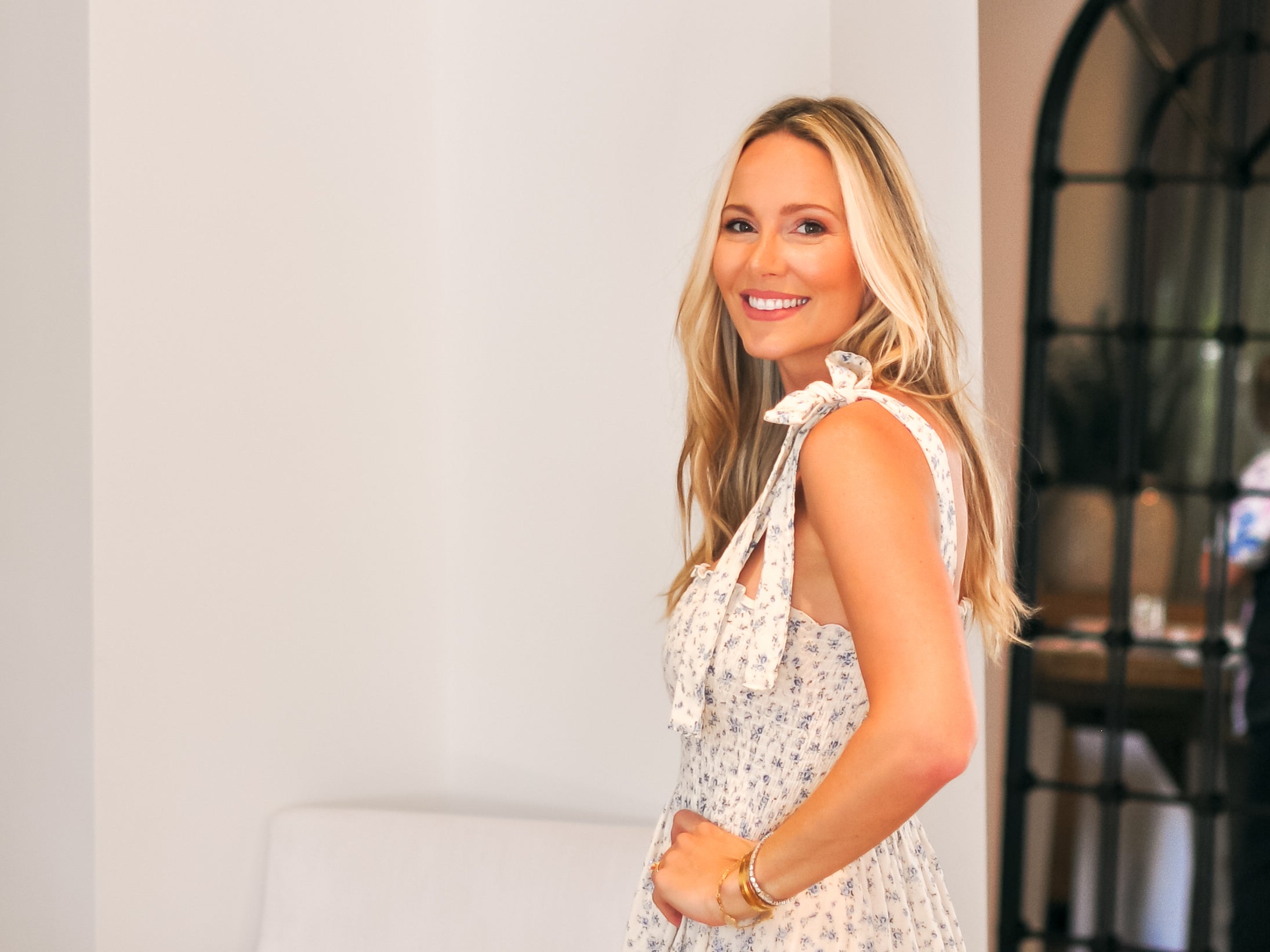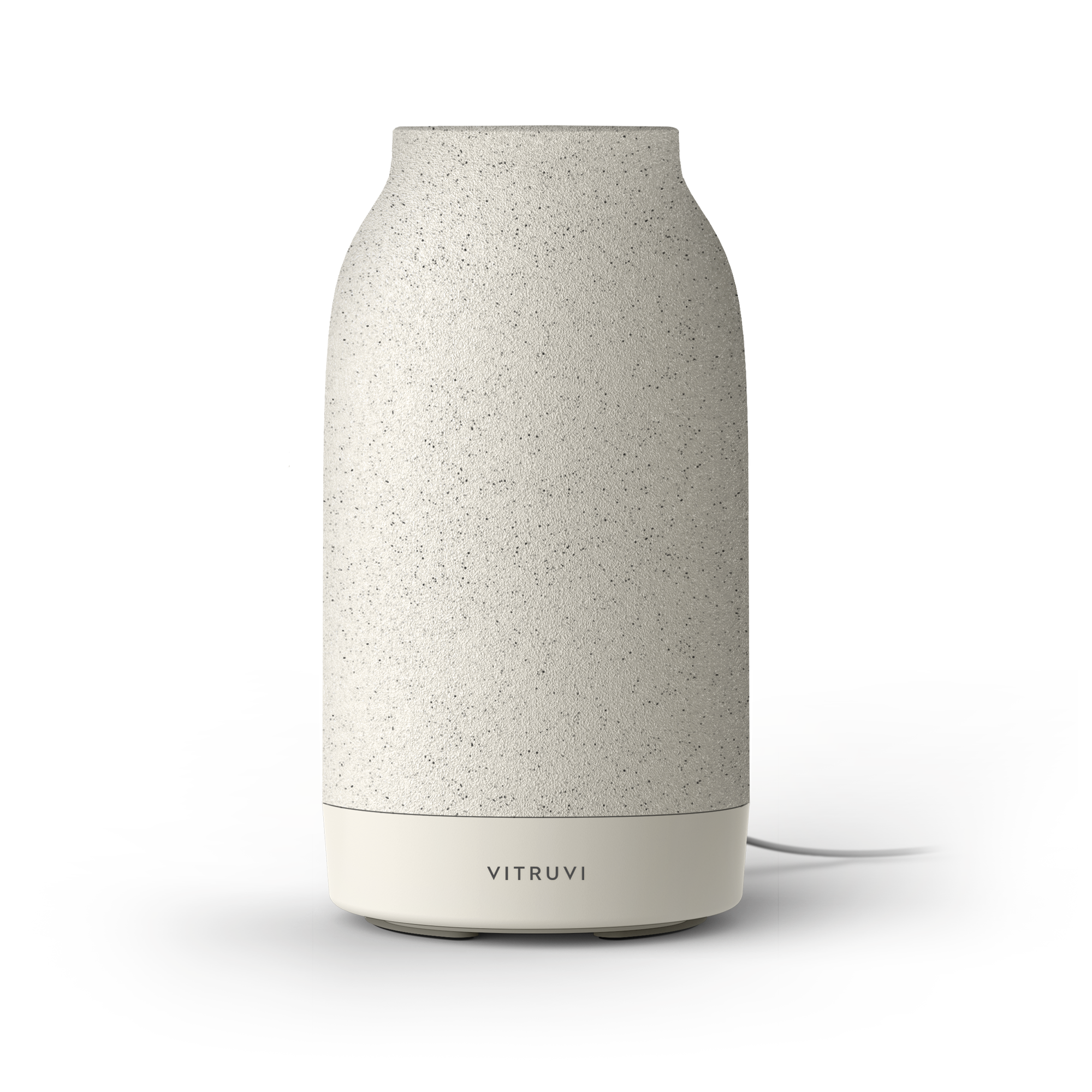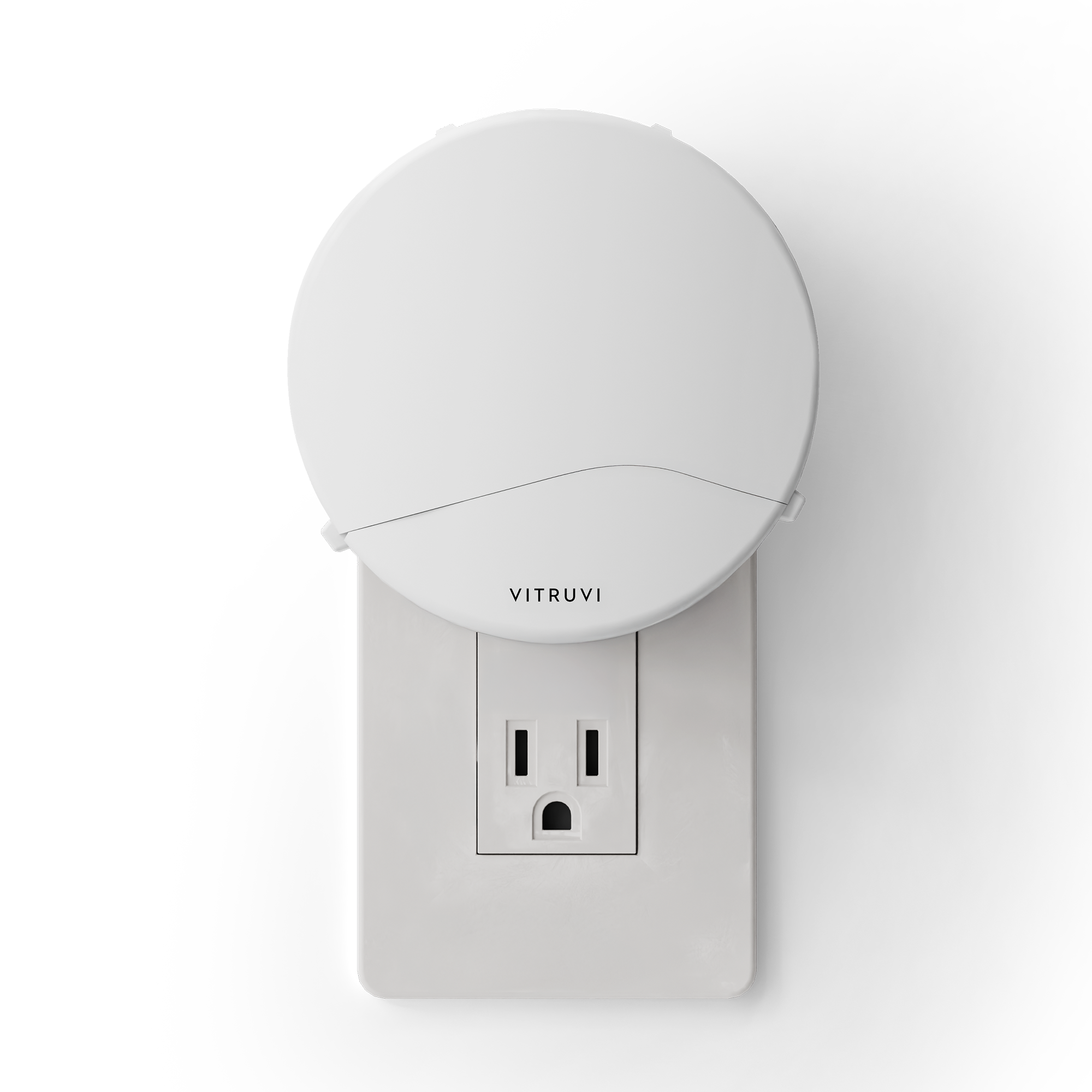I didn’t expect to become an optimist during a pandemic.
Especially not after a death in my family shook us to our core and left me feeling as if my life was put through a blender. Yet despite what should have been the perfect recipe for my semi-nihilistic brain to thrive, I turned to romance novels as self-care, and in them, I found hope.
I have always been a big reader, but romance novels were the one genre I could never get myself into. For the longest time, I couldn’t get past how frivolous they seemed—why would I read something with so little substance? Ironically, I think my hesitancy towards reading romance came from the fact that I grew up watching romantic comedies, glued to the screen as gorgeous, thin, white women found love with tall, dark, handsome men.
These movies were my education in how to “get a man” and be desired: be cute, be sexy, and be adorably awkward. It wasn’t until I got to my teens that I realized how problematically cookie-cutter these movies were, as they showed viewers that to find love, they needed to aspire to be like these women. As a not-so-adorably awkward, chubby, queer teen, I just couldn’t see myself in them—and that’s even with my privilege of being a white-coded Indigenous person. So, I turned my back on the frivolity of romance-centred stories, telling myself it was because I was too smart for them—and not admitting that these movies only exacerbated my insecurities around being unlovable and unworthy of big, beautiful romance.
Then, as a 22-year-old grad student in literature, I got my heart broken. And lo and behold, reading medieval literature didn’t exactly make me feel better. So my friend gave me a romance novel, promising me it would cheer me up. The book was Red, White & Royal Blue, a queer romance written by queer author Casey McQuiston. I immediately loved it in all its fluffy, romantic glory, but still stubbornly refused to believe I could find any other romance novels that would compare.
Fast-forward a year later, though, and the pandemic hit. All I wanted was something joyful to cling to—something to give me hope and distract me from the terrifying realities of a world turned upside down. So, remembering how Red, White & Royal Blue made me feel, I wandered into the romance section of the Kobo e-store. And honestly, I never left.
There, I found Talia Hibbert’s The Brown Sisters series with Black, fat, queer, and disability representation. I swooned over Helen Hoang’s The Kiss Quotient, a gender-swapped Pretty Woman about an Asian-American autistic woman who falls in love with a sex worker. I devoured Kate Stayman-London’s One to Watch, about a plus-size blogger who becomes the next Bachelorette-esque reality star. I read diverse romance after diverse romance, in awe at what I’d been missing.
In these stories, I found characters who are like me, like my friends, and like the people who wrote them. They are Own Voices stories written by people with diverse, lived experiences who are ensuring that people like them are represented as worthy of a beautiful love story. These novels tackle important subjects like grief, trauma, race, religion, disability, and queerness. They say to those people who perhaps haven’t felt seen in the romance genre before: “Hey, I see you.” Publishing still has far to go, but it has come a long way, too—I can’t imagine finding these books on the shelves 10 years ago.
Most importantly, what these novels have taught me is that even during the darkest times, when everything feels completely bleak and pointless, love and hope, at the very least, still exist amongst the pages in the romance section. These books carry all the beautiful, magical emotions of having feelings for someone, wrapped together in words that are waiting to sweep readers off of their feet alongside the characters.
Romance novels aren’t the cure to a pandemic, of course—but reading books that bring me joy and hope is absolutely a remedy for now, and I refuse to think of it as a “guilty” pleasure. Trying to keep yourself hopeful is nothing to feel guilty about.


